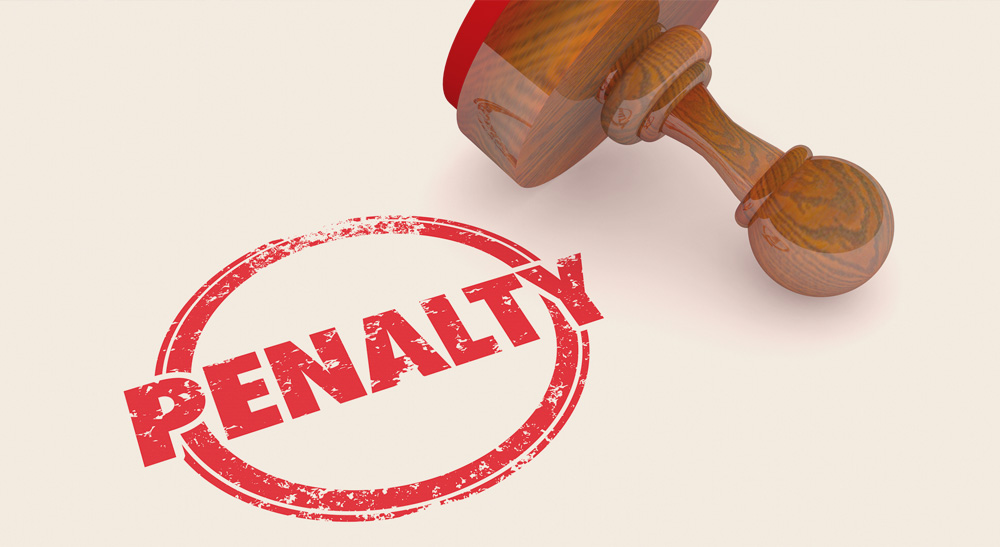
Crypto transfers: new client information requirements coming for CASPs and intermediaries
The ‘travel rule’ means CASPs and FSPs cannot initiate a crypto asset transfer unless they can transmit prescribed information.
Old Mutual Unit Trust Managers off the hook for R1.7 billion claim arising from Fidentia scandal.
Read more
The ‘travel rule’ means CASPs and FSPs cannot initiate a crypto asset transfer unless they can transmit prescribed information.

The inherent risk of money laundering and terrorist financing for CASPs in South Africa is high, the report says.

The FSCA says the study will bolster its grasp on crypto asset activities, enabling the Authority to fine-tune its oversight and licensing strategies.

Some 20% of the applications received by the end of October were withdrawn for various reasons.

The Financial Intelligence Centre says many accountable institutions have ignored its instructions to submit a risk and compliance return.